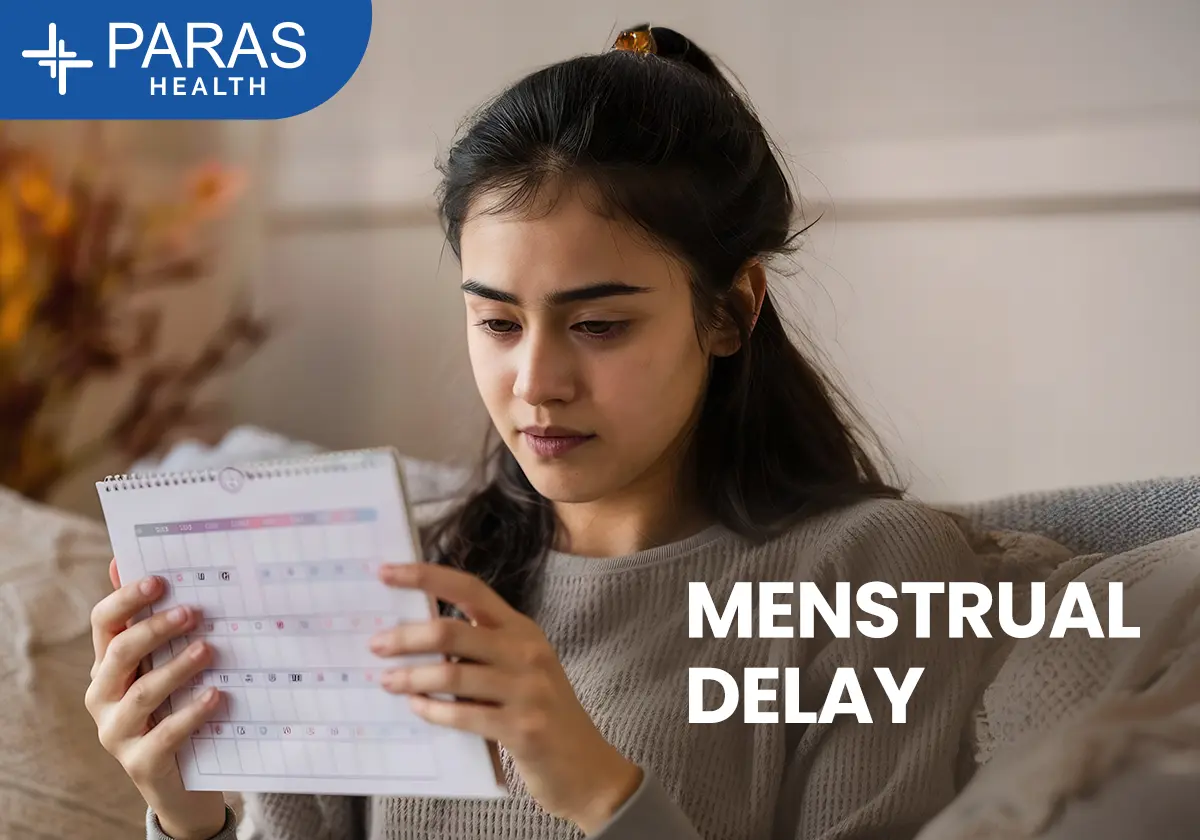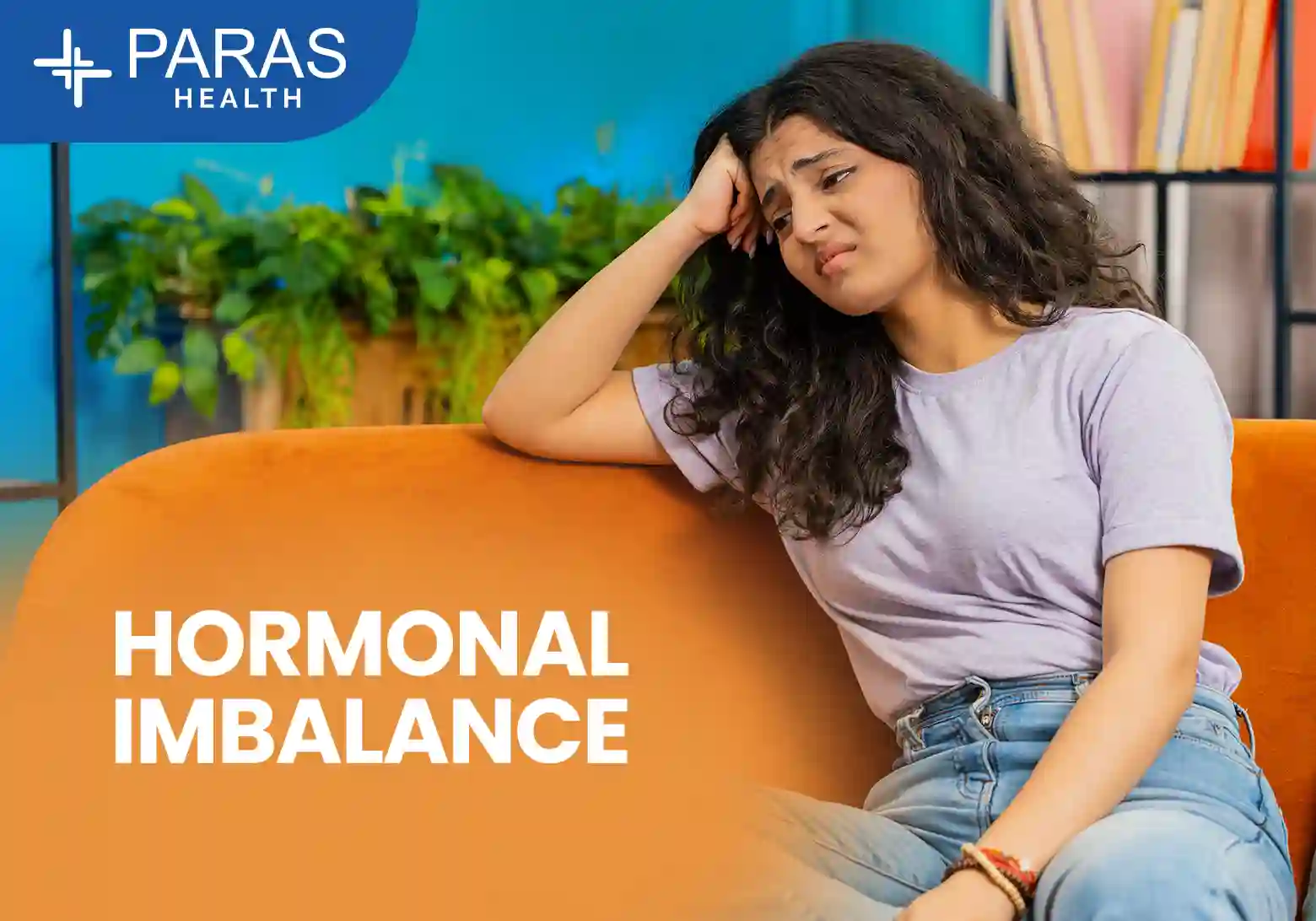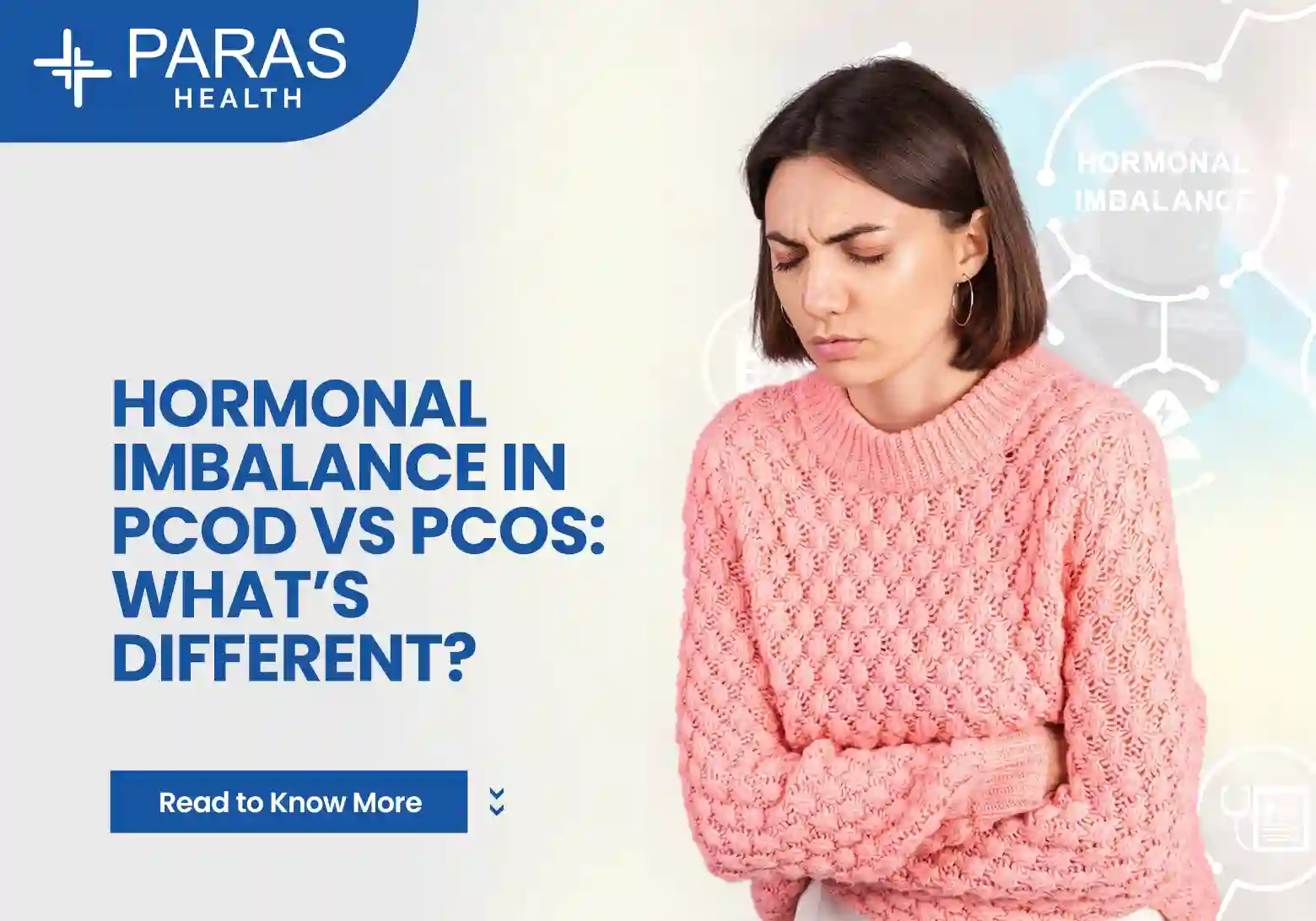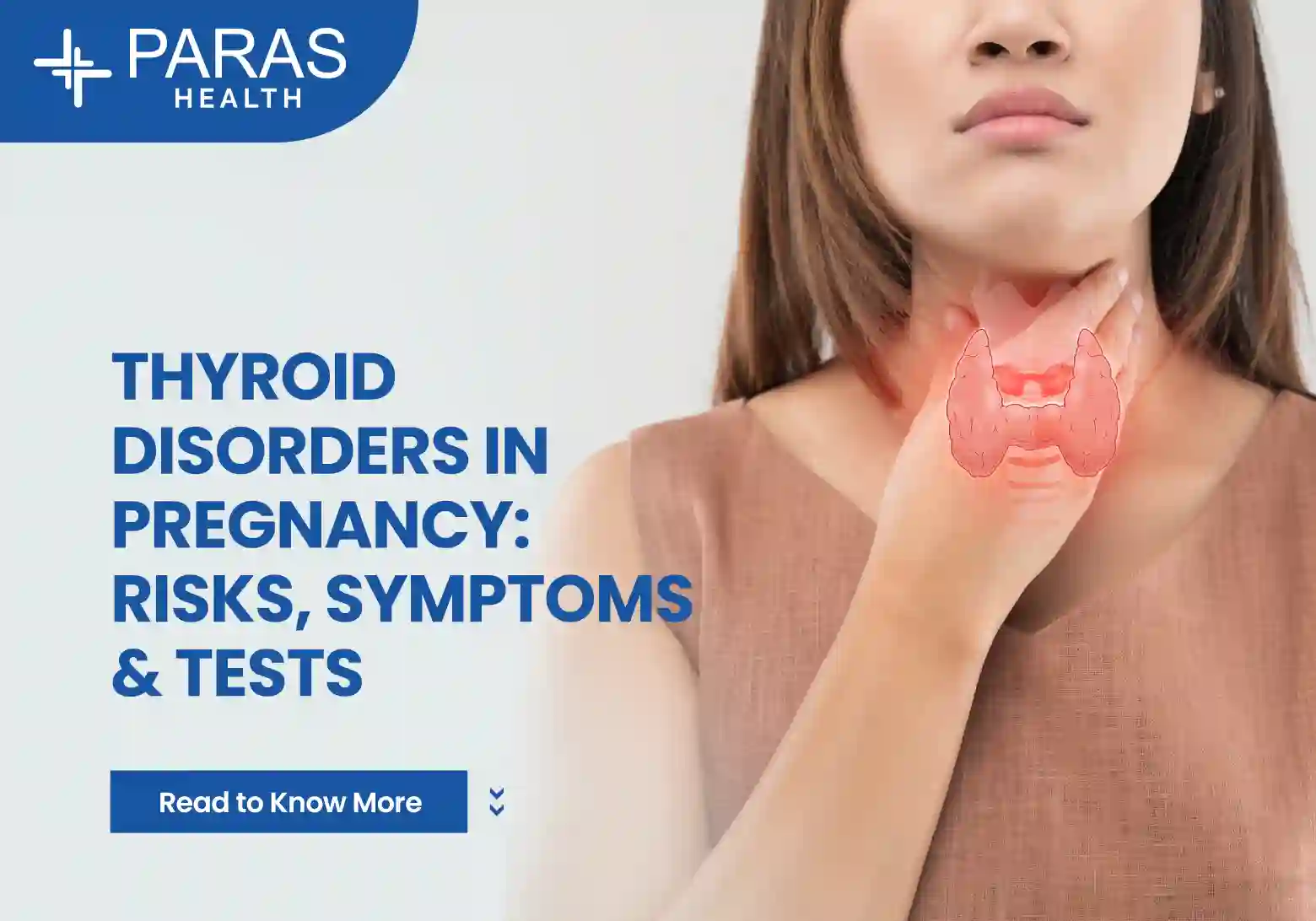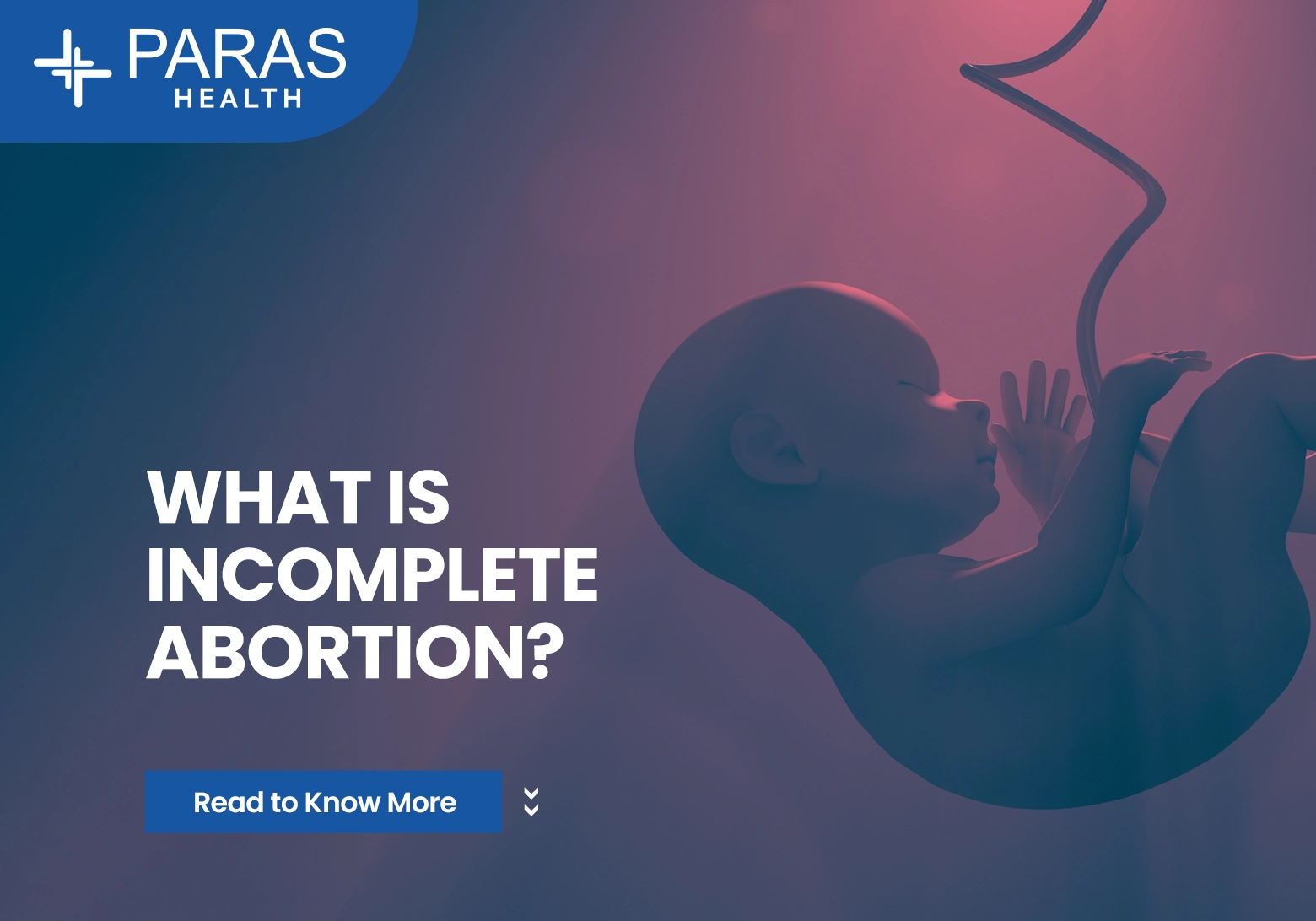Low BP During Pregnancy – Causes, Symptoms, Risks, and Remedies
Oct 04, 2025
Pregnancy is often described as a journey of transformation. A woman’s body goes through numerous changes during these nine months to nurture and protect the growing baby. Among the many changes, fluctuations in blood pressure are very common. Some women may experience high BP during pregnancy, while others may face the opposite condition, which is low BP during pregnancy, also called hypotension in pregnancy.
Low blood pressure in pregnancy is not usually considered dangerous, but it can sometimes cause discomfort, weakness, and in rare cases, complications if ignored. Since blood pressure is an important indicator of overall health, understanding why it becomes low during pregnancy, what symptoms to watch for, and how to manage it is very important for both the mother and the baby.
Understanding Low BP in Pregnancy
Blood pressure refers to the force with which blood flows against the walls of your arteries. Normally, an adult’s blood pressure stays around 120/80 mmHg. In pregnancy, the body produces more blood to meet the baby’s needs, and hormones like progesterone relax the blood vessels. Because of these changes, the blood flows more easily and the pressure against the vessel walls may fall. This is why low BP in early pregnancy is quite common, especially in the first trimester.
Doctors usually define low BP in pregnancy when it consistently measures below 90/60 mmHg. For some women, this doesn’t cause any noticeable problems, but for others, it may bring dizziness, fainting, and constant fatigue. The experience differs from woman to woman, but paying attention to your body’s signals is always the safest approach.
Why Does Blood Pressure Drop During Pregnancy?
There are many reasons why blood pressure may dip during these months. Hormonal changes are one of the biggest factors. Progesterone, the pregnancy hormone, relaxes the smooth muscles of the blood vessels, which widens them and lowers resistance. This makes it easier for blood to circulate but also causes a dip in pressure.
Another common reason is dehydration. Pregnant women need much more fluid than usual because the body is making amniotic fluid and circulating more blood than before. If fluid intake is less, blood pressure can drop, and symptoms like fainting or nausea may appear.
Low BP can also be connected to anemia. When there isn’t enough hemoglobin to carry oxygen in the blood, the body becomes weaker, and pressure levels can fall. Nutritional deficiencies, particularly lack of iron, folate, and vitamin B12, are often linked to this.
The position of the body also plays a role. After the middle of pregnancy, especially beyond 20 weeks, lying flat on the back can press the growing uterus against a major vein called the inferior vena cava. This blocks blood flow back to the heart, a condition called supine hypotensive syndrome, which can lower BP suddenly. That is why doctors advise pregnant women to sleep on their left side.
Sometimes, the cause can be as simple as standing for a long period or suddenly getting up from bed or a chair, which makes blood rush downward and pressure drop. All these reasons make low BP in pregnancy a fairly common occurrence.
Symptoms That Indicate Low BP in Pregnancy
Many women may not feel much difference if their blood pressure is mildly low. However, in other cases, the symptoms can interfere with daily life. The most common complaint is dizziness. You may feel lightheaded when you get up too quickly or even while standing still. Fainting is also possible, especially in hot weather or crowded places.
Nausea is another symptom linked with low BP during pregnancy, often adding to the morning sickness many women already face. Constant tiredness, lack of energy, and general weakness are also associated with hypotension. Some women complain of frequent headaches or a sensation of blurred vision. Cold hands and feet, shallow breathing, and pale or clammy skin may also occur when blood pressure falls.
If these symptoms are occasional, they may not be a major concern. But if they are persistent or severe, it is important to speak with your doctor.
Is Low BP Dangerous for the Mother and Baby?
Most of the time, low BP during pregnancy is not life-threatening and can be managed with simple care. However, extremely low levels should not be ignored. For the mother, fainting spells can be risky as they may lead to falls and injuries. Severe fatigue can interfere with eating and maintaining a healthy pregnancy routine. Dehydration, if unchecked, can also cause other complications.
For the baby, in rare cases, a significant and prolonged drop in blood pressure can reduce the blood flow to the placenta. This means the baby may not receive enough oxygen and nutrients, which can affect growth. Though these situations are uncommon, they highlight the importance of monitoring blood pressure closely during antenatal check-ups.
Managing Low BP During Pregnancy Naturally
For most women, treatment for low BP in pregnancy is not about medications but about lifestyle adjustments and home remedies. Small steps taken daily can make a big difference.
Diet plays a central role. Eating small and frequent meals prevents sudden drops in BP, especially after long gaps between eating. Including iron-rich foods such as leafy greens, dates, pomegranates, and fortified cereals helps fight anemia, one of the main causes of low BP. Protein and vitamin B12 sources like milk, eggs, beans, and lentils are equally important. Adding foods for low BP during pregnancy like raisins, bananas, whole grains, and nuts provides steady energy and prevents weakness.
Hydration is another key factor. Drinking 8 to 10 glasses of water daily supports circulation and prevents dehydration-related low BP. Fresh juices, coconut water, and buttermilk are excellent additions to the diet. Women who feel dizzy in hot weather should take extra fluids to balance electrolytes.
Lifestyle habits also help in maintaining stability. Avoiding sudden posture changes is essential; rising slowly from bed or a chair can prevent dizziness. After 20 weeks of pregnancy, it is safer to sleep on the left side rather than on the back to avoid supine hypotensive syndrome. Light exercise like walking or prenatal yoga, done under medical guidance, can improve circulation and reduce fluctuations in blood pressure.
Medical Support for Low BP in Pregnancy
In most cases, no medicines are required to treat low BP during pregnancy. But if the cause is linked to another condition like thyroid problems, heart disease, or severe anemia, your doctor may recommend supplements or treatment. Regular prenatal check-ups are essential because they help detect any hidden complications early. Doctors usually keep a close eye on women with persistent hypotension to ensure it does not affect the baby’s growth.
When Should You Seek Medical Help?
Occasional dizziness or tiredness is normal in pregnancy, but repeated fainting episodes, chest pain, shortness of breath, or severe headaches are warning signs. If your BP readings are consistently below 90/60 mmHg, it is wise to consult your healthcare provider. Also, if you notice reduced baby movements, it could be related to poor circulation and should never be ignored.
Preventing Low BP During Pregnancy
Prevention is always better than cure. Maintaining a balanced diet, staying hydrated, getting adequate rest, and avoiding prolonged standing are simple yet effective measures. Stress management and relaxation techniques like meditation can also help keep blood pressure stable. Most importantly, attending regular antenatal visits ensures that any changes in blood pressure are detected early and addressed on time.
Final Thoughts
Pregnancy is a delicate phase where even minor health issues need careful attention. Low BP during pregnancy is quite common and, in most cases, not harmful. But it can cause discomfort, weakness, and in rare situations, complications. By being aware of the symptoms of low blood pressure in pregnancy, understanding the causes, and making small lifestyle adjustments, expectant mothers can handle this condition smoothly. A nutritious diet, proper hydration, and rest go a long way in preventing problems. And whenever in doubt, consulting a doctor is the best step to safeguard both the mother and the baby.
FAQs
What exactly is low BP during pregnancy?
Low BP in pregnancy means your blood pressure reading is consistently lower than 90/60 mmHg due to changes in hormones and blood flow.
Is it normal to have low BP in early pregnancy?
Yes, it is common in the first trimester because hormones relax blood vessels and blood supply increases.
What symptoms should I watch for with low BP in pregnancy?
The most common symptoms are dizziness, fainting, nausea, headaches, blurred vision, and constant fatigue.
What causes low blood pressure in pregnancy?
It can be due to hormonal changes, dehydration, anemia, nutritional deficiencies, or lying flat on your back in later pregnancy.
Can low BP affect my baby’s health?
Usually, it does not cause harm, but in rare cases, very low BP can reduce oxygen and nutrient supply to the baby.
How can I raise my BP naturally during pregnancy?
Eating frequent meals, drinking enough fluids, including iron and protein-rich foods, and sleeping on the left side can help.
Does dehydration cause low BP in pregnancy?
Yes, dehydration is one of the leading causes and can make dizziness and weakness worse.
Which foods are best for low BP in pregnancy?
Leafy vegetables, pomegranates, raisins, bananas, nuts, and whole grains are beneficial.
What sleeping position is best if I have low BP?
Sleeping on your left side is recommended, as it improves blood flow and prevents pressure on major veins.
When should I call my doctor about low BP in pregnancy?
If you faint often, feel chest pain, have shortness of breath, or notice decreased baby movement, seek medical advice immediately.



.webp)
